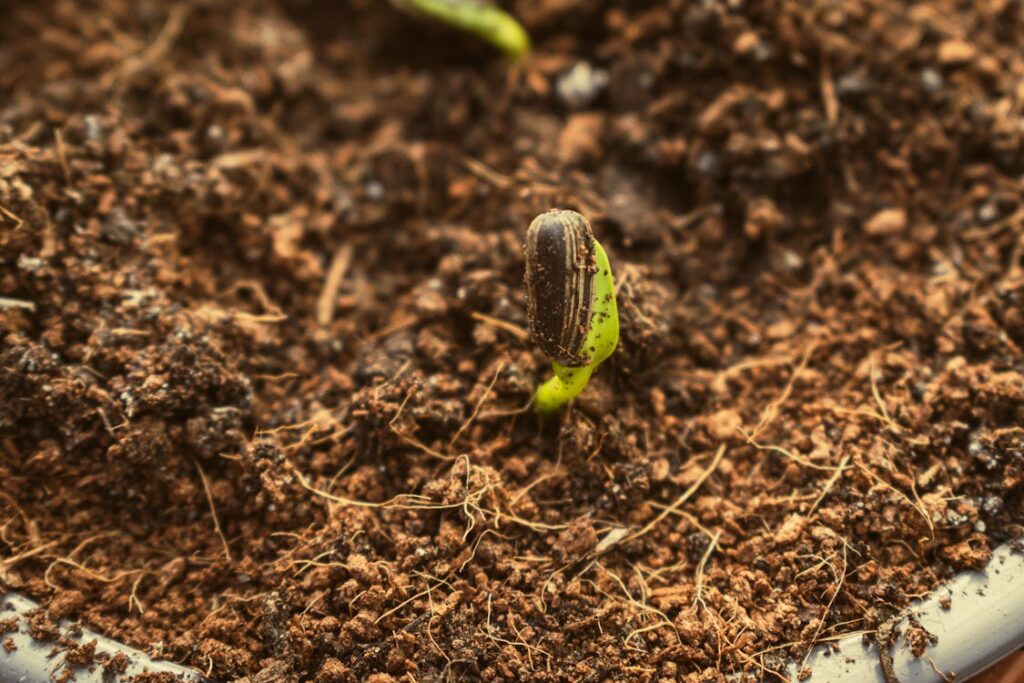How to be a Beacon of Light; Inspiring Hope in Others
Who are you so that we may give an answer to those who sent us? What do you say about yourself? He said, “I am a voice crying out in the desert, ‘Make straight the way of the Lord,’ just as the prophet Isaiah said. John 1:22-23 In a world often filled with challenges and […]
How to be a Beacon of Light; Inspiring Hope in Others Read More »



